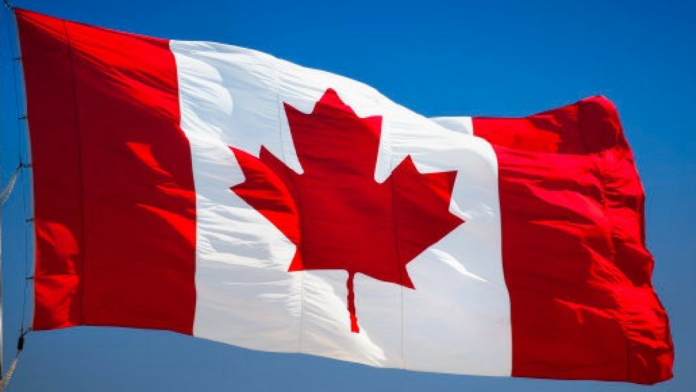MINNEAPOLIS- Canadian immigration minister Ahmed Hussen declared that Canada will not accept those who are crossing the Minnesota-Canadian border.
“We don’t want people uprooting their lives based on false information,” Hussen said, “Crossing the border irregularly is not a free ticket to Canada.”
Hussen, a Somali immigrant to Canada who went through the legal asylum process indicated, “We are huge fans of immigration, but we want people to immigrate through the regular channels.”
The Trump administration’s increase in vetting of those seeking asylum in the United States has lead some within the Minnesota Somali community to illegally cross the border into Canada in order to avoid deportation from the United States.
Many Canadian border communities are feeling the pressure of the increased border crossings. The Immigration and Refugee Board of Canada reports that some 14,000 ‘irregular’ border crossings have happened in the past year (latest numbers from October). The backlog of cases has become immense, with only 1,500 being resolved. Only 587 reviews for detention have been completed. Small border towns, like Emerson, Manitoba, are struggling to adapt to the changing population numbers.
“Through all these asylum seekers or border jumpers, whatever you want to call them, the town changed for a couple of months there. I wouldn’t say for the worst but it was challenged. But, I do believe we pulled through it quite well,” local county official Greg Janzen told CBC radio, “But if we get the numbers like Quebec, we’re screwed.”
One reason to why so many are crossing the border illegally into Canada is due to a loophole in Canadian immigration law. Under Canadian law, anyone who has been denied asylum in the United States will be turned back at a Canadian border checkpoint. However, if someone crosses into Canada illegally, they will be able to file a separate claim for asylum. During the waiting process, the ‘irregular’ border crossers are given housing and provided job training in order to integrate them into Canadian society.
Hassan indicated that the Canadian government is looking to spend close to $1 billion dollars on integration efforts. By 2020, the Canadian government is looking to have brought in over 1 million new immigrants.











